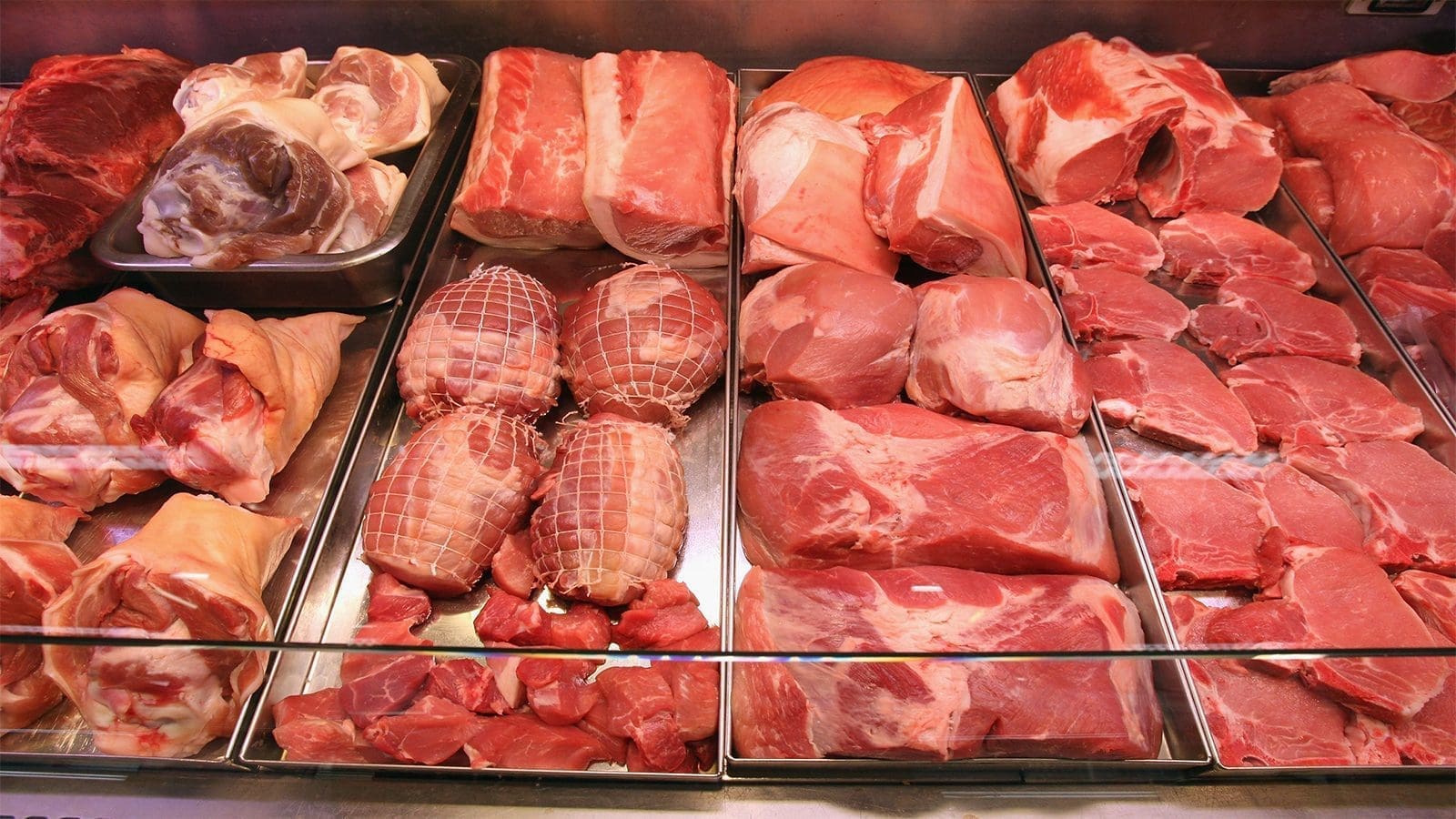KENYA – Barely a year after the United Kingdom-based World Animal Protection revealed the contamination of meat stocked in outlets across the country, Egerton University researchers have also unearthed a similar finding in Nakuru county.
The study which evaluated microbiological safety of meat and ready-to-eat (RTE) meat products in urban and peri-urban parts of the county, indicates that the presence of Staphylococcus aureus, Escherichia coli (E. coli), Salmonella spp and Shigella bacteria is worrying and efforts have to be put in place to cut on their levels.
In 87 samples of beef, goat, and other meat products, Staphylococcus aureus was the most prevalent negative bacterium with a prevalence of 100%, followed by Shigella spp. in 81 samples (93 percent).
While some Shigella spp. infections can result in diarrhea (sometimes bloody), fever, and stomach pains, Staphylococcus aureus is a bacterium that is known to cause bloodstream infections, pneumonia, bone and joint infections, and soft tissue infections.
All 15 samples of water that were randomly obtained from the butcheries and eateries tested positive for E. coli, salmonella spp., and Shigella bacteria, according to the report written by principal investigators Dr. Hillary Odeckh Indago, Prof. Joseph Wafula Matofari, and Dr. John Masani Nduko.
“These results indicate a public health risk for consumers of RTE meat products in Nakuru County. The presence of these bacteria points a direct finger to bad handling and poor hygiene practices, because they indicate that the products have been in contact with faecal matter handling practices greatly influence contamination and subsequently meat quality and safety,” the report states in part.
There was also significant contamination of Salmonella and E.coli which tested positive in 79 samples (91 percent) and 68 samples (78.5 percent) respectively.
Salmonella is the bacteria most usually cited as the root of food-related diseases. In addition to stomach pain and cramps, it also causes diarrhea, fever, and an upset stomach.
The bacteria type E.coli, on the other hand, typically resides in the intestines. Additionally, certain animals’ guts contain it.
If you consume contaminated food or drink polluted water, certain strains of the bacteria can result in respiratory conditions, a wide range of gastrointestinal issues, and diarrhea.
In 87 samples of beef, goat, and other meat products, Staphylococcus aureus was the most prevalent negative bacterium with a prevalence of 100%, followed by Shigella spp. in 81 samples (93 percent).
While many associate E. coli with food poisoning, you can also get pneumonia and urinary tract infections from different types of the bacteria. In fact, 95 per cent of urinary tract infections are caused by the bacteria.
Health experts warn that the bacteria, usually transmitted through contaminated food, are becoming difficult to treat due to increasing resistance to antibiotics, as reported by Kenya News Agency.
“Roasted meats analyzed were contaminated with Staphylococcus aureus, E. coli, Salmonella spp and Shigella bacteria while beef stews had 0 (zero) percent prevalence for Shigella ssp. Raw meats assessed had the highest viable coliform counts of Staphylococcus aureus and E. coli, while stewed goat meat had the lowest counts of above-mentioned microbes.
“Butcheries had the highest counts for all micro-organisms, while makeshift food kiosks had the lowest E. coli counts,” reads part of the report.
The study titled ‘Analysis of Common Food-borne Pathogens in Ready-to-Eat Meat Products in Urban and peri-urban outlets in Nakuru County’ whose findings have been published in the African journal of Food Science concealed the names of eateries and butcheries where the samples were collected.
High levels of microbiological contamination of meat provide a concern to consumers’ public health, hence it is advised that enforcement agencies at the county and national levels, as well as meat value chain actors, take immediate action to improve meat quality.
Superbugs in meat
Just over a year ago, a different investigation commissioned by the UK-based World Animal Protection found that chicken, pork, and other meat items sold in stores all around the nation were tainted with superbugs.
Superbugs are strains of bacteria, viruses, parasites and fungi that are resistant to most of the antibiotics and other medications commonly used to treat the infections that they cause.
Superbugs kill 700,000 people annually in the world and they are projected to cause 10 million deaths per annum by 2050, with a cumulative economic impact of $100 trillion, according to the World Health Organization (WHO).
Liked this article? Subscribe to Food Safety Africa News, our regular email newsletters with the latest news insights from Africa and the World’s food safety, quality and compliance. SUBSCRIBE HERE








